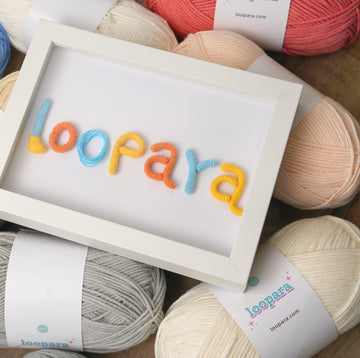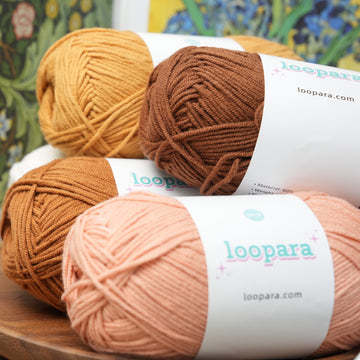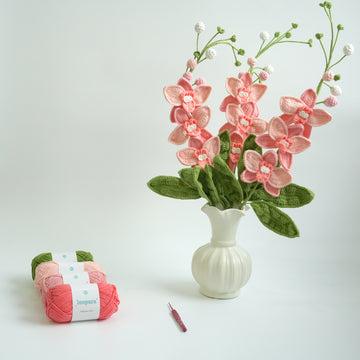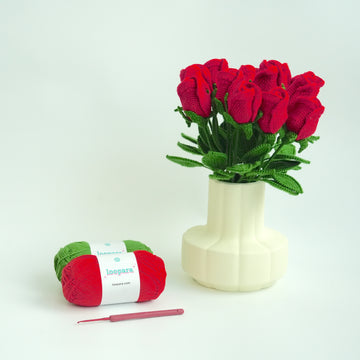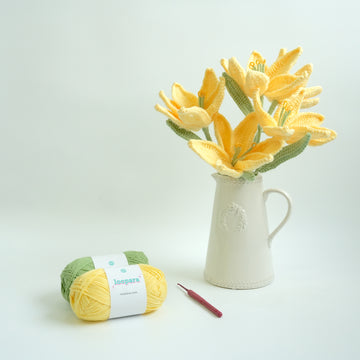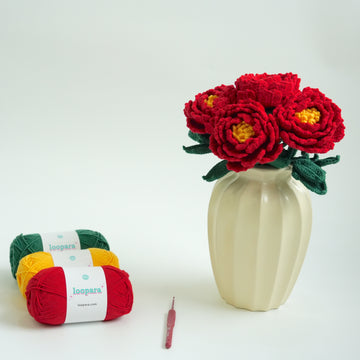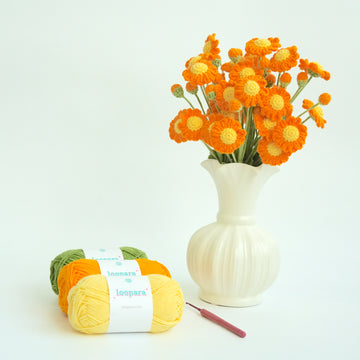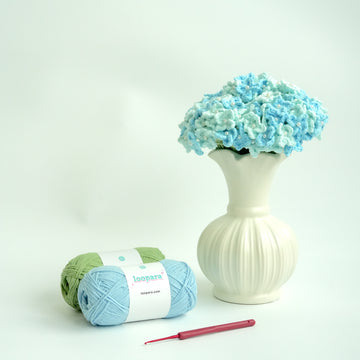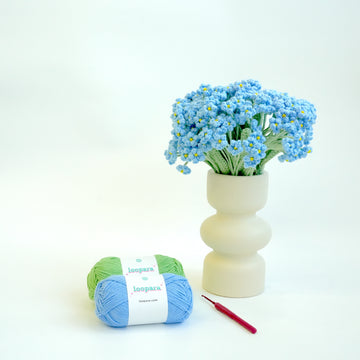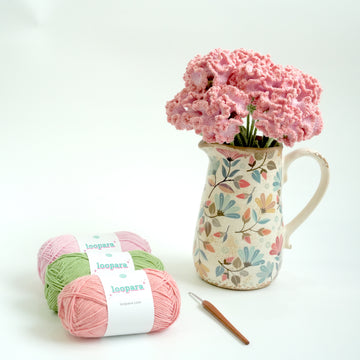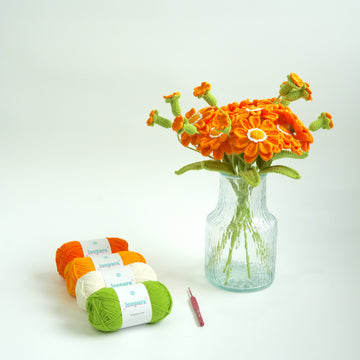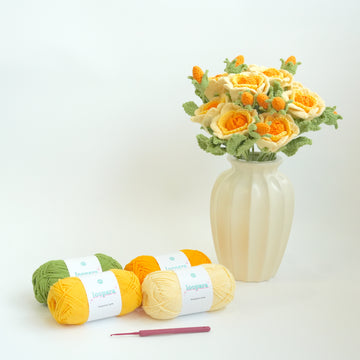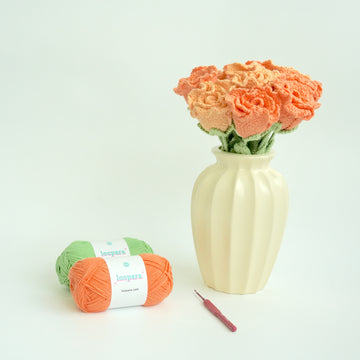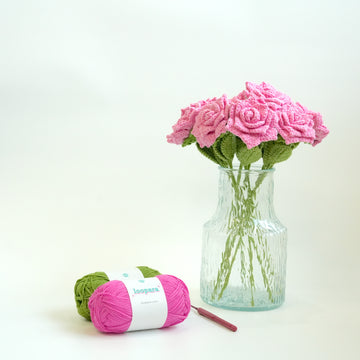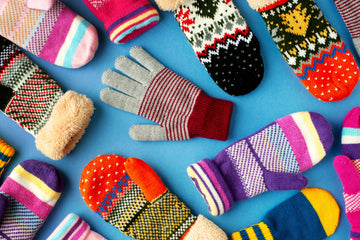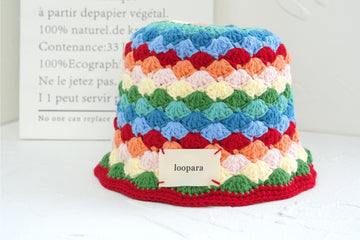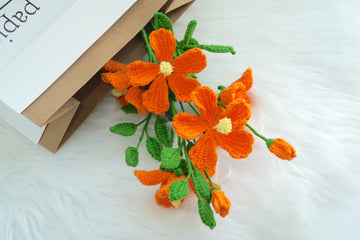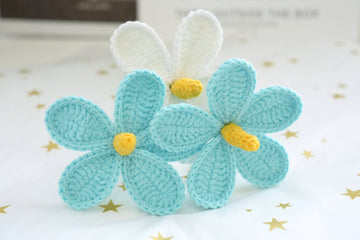If you're a crochet enthusiast looking to put your skills to good use, there are numerous organizations that would greatly appreciate your handmade items. This guide covers both online initiatives and local organizations where you can donate your crochet creations to help those in need.
1. Project Linus (Online)
Focus: Blankets for children in need
Website: www.projectlinus.org
Contact: info@projectlinus.org | (309) 585-0686
Project Linus is a non-profit organization that provides homemade blankets to children who are seriously ill, traumatized, or otherwise in need. Since 1995, they have delivered more than 9 million blankets to children across the United States. The organization has chapters in all 50 states, making it easy to find a local coordinator.
What they accept:
- Crocheted blankets of all sizes
- New, handmade, washable items only
- Blankets must be free of smoke, pet hair, and strong scents
To donate, visit their website to locate your nearest chapter. Each chapter has specific guidelines for drop-off locations and preferred blanket sizes.
2. Warm Up America! (Online and Local)
Focus: Blankets and clothing for homeless and low-income individuals
Website: www.warmupamerica.org
Address: 469 Hospital Drive, Suite E, Gastonia, NC 28054
Contact: info@warmupamerica.org | (704) 824-7838
Warm Up America! originated in 1991 and has grown into a nationwide charity. They're known for their unique approach of combining 7" x 9" squares into larger afghans, making it easy for crafters of all skill levels to contribute.
What they accept:
- 7" x 9" sections for afghans
- Completed afghans
- Hats, scarves, and mittens
- Baby items
You can mail completed items directly to their headquarters or connect with local sections through their website.
3. Mother Bear Project (Online and Local)
Focus: Comfort bears for children affected by HIV/AIDS
Website: www.motherbearproject.org
Address: Mother Bear Project, 3751 W 28th St, Minneapolis, MN 55416
Contact: info@motherbearproject.org | (952) 486-6678
The Mother Bear Project delivers handmade bears to children affected by HIV/AIDS in emerging nations. Since 2003, they've distributed over 170,000 bears to children in need.
What they accept:
- Crocheted bears made using their specific pattern
- Each bear must include a red heart on the chest
- Bears must be made with washable yarn
To participate, purchase their pattern for $5, which helps cover shipping costs. They provide detailed guidelines for creating and submitting bears.
4. Knots of Love (Online and Local)
Focus: Chemo caps and neonatal blankets
Website: www.knotsoflove.org
Address: 2973 Harbor Blvd, Suite 822, Costa Mesa, CA 92626
Contact: info@knotsoflove.org | (949) 436-5264
Knots of Love specializes in creating caps for cancer patients and tiny blankets for babies in neonatal intensive care units.
What they accept:
- Chemo caps (specific yarn requirements)
- NICU blankets
- Preemie hats
- Cool ties for cancer patients
They have strict guidelines about acceptable yarns and patterns to ensure comfort and safety for recipients. Visit their website for approved patterns and materials lists.
5. Local Hospitals and NICUs (Local)
Focus: Baby items and comfort pieces
How to donate: Contact your local hospital's volunteer services department
Most hospitals accept handmade donations, particularly for their NICU departments. Items needed typically include:
- Preemie hats and booties
- Small blankets
- Comfort dolls
- Prayer shawls for patients
Contact your local hospital's volunteer services department for specific guidelines and needs. Many hospitals have particular requirements regarding materials and cleanliness.
6. Operation Gratitude (Online and Local)
Focus: Items for military service members and first responders
Website: www.operationgratitude.com
Address: Operation Gratitude, 9409 Owensmouth Avenue, Chatsworth, CA 91311
Contact: info@operationgratitude.com | (818) 960-7878
Operation Gratitude sends care packages to U.S. troops, first responders, and military families. They welcome handmade items as additions to their care packages.
What they accept:
- Scarves
- Hats
- Cool ties
- Hand warmers
Visit their website for specific patterns and guidelines. All items must be made with approved materials and colors.
7. Local Women's Shelters (Local)
Focus: Comfort items and practical accessories
How to donate: Search for local shelters through www.domesticshelters.org
Women's shelters often need various crocheted items for their residents. Common needs include:
- Scarves and hats
- Blankets
- Baby items
- Washcloths and soap sacks
Contact your local shelter directly to learn about their specific needs and donation procedures. Many shelters maintain wish lists of needed items.
8. Pine Ridge Reservation Support (Online)
Focus: Winter items for Native American communities
Website: www.friendsofpineridgereservation.org
Contact: info@friendsofpineridgereservation.org
The Pine Ridge Reservation in South Dakota experiences severe winters, and the community welcomes warm, crocheted items.
What they accept:
- Warm hats and scarves
- Mittens and gloves
- Blankets of all sizes
- Baby items
Check their website for seasonal needs and specific mailing instructions. They also provide guidelines for appropriate colors and patterns.
9. Local Senior Centers (Local)
Focus: Comfort items for elderly residents
How to donate: Contact your local senior center or nursing home
Senior centers and nursing homes often welcome donations of crocheted items for their residents. Popular items include:
- Lap blankets
- Shawls
- Slippers
- Fidget muffs for dementia patients
Call your local senior centers to inquire about their needs and donation protocols. Many appreciate regular donations throughout the year.
10. Animal Shelters (Local)
Focus: Comfort items for shelter animals
How to donate: Contact your local animal shelter
Many animal shelters accept crocheted items for their furry residents. Needed items often include:
- Small blankets for cats
- Larger blankets for dogs
- Pet toys
- Beds
Contact your local shelter for specific guidelines. Items must be made with pet-safe materials and be machine washable.
Additional Tips for Donating Crochet Items
1. Always Check Guidelines First
Before starting any charity crochet project, it's essential to contact the organization to understand their current needs and requirements.
Organizations often have specific guidelines about yarn types, sizes, and colors that best serve their recipients.
Many medical facilities have strict requirements about the materials that can be used, while some charities may need items in particular sizes or colors to maintain consistency in their programs.
Taking the time to review these guidelines before beginning your project will ensure your handmade items can be put to the best possible use.
2. Material Considerations
When selecting materials for charity crochet projects, machine washable yarn is typically the most practical choice as many donated items will need frequent washing.
The fiber content should be appropriate for the intended use and recipient – for example, soft acrylics for baby items or durable wool blends for outdoor wear.
Consider the climate where your items will be used, as this can impact your choice of yarn weight and fiber content.
For medical donations, it's crucial to avoid yarns with metallic threads, sequins, or other embellishments that could cause irritation or pose a safety risk.
3. Documentation
Maintaining records of your charitable crochet donations can be beneficial for both you and the receiving organizations.
Keep detailed notes of the items you donate, including photographs, yarn types used, and any specific patterns followed.
If you plan to deduct your donations on your taxes, save receipts for yarn purchases and request documentation from the receiving organizations.
This documentation not only helps with tax purposes but can also help you track your charitable impact and improve your future donations.
4. Packaging and Delivery
- Clean all items before donating
- Store in sealed plastic bags
- Include care instructions if required
- Label packages clearly with contents
Remember that needs can change seasonally, so it's always best to verify current requirements before starting a project. Many organizations also appreciate monetary donations to help cover shipping and distribution costs.
